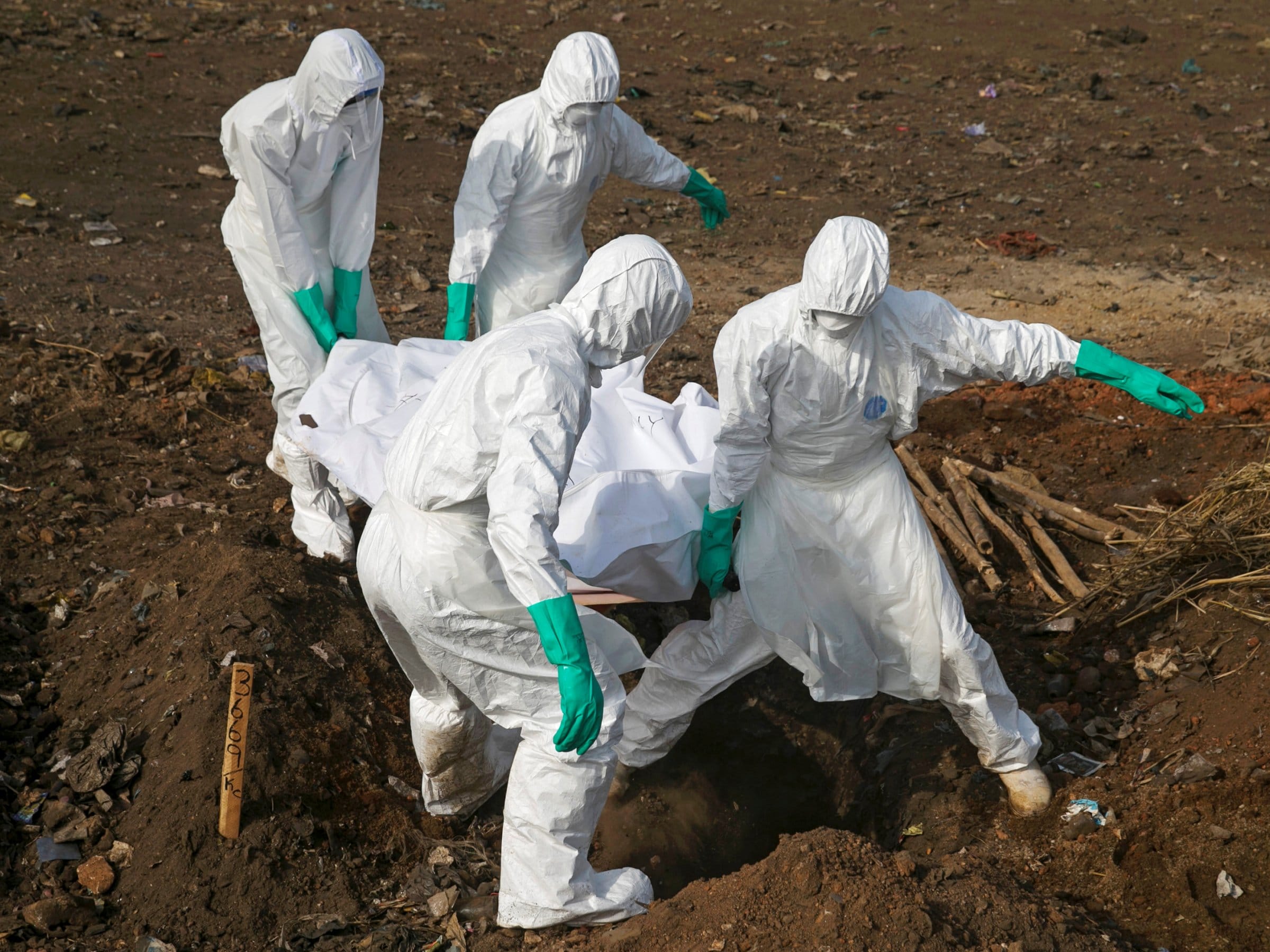Norovirus is a highly contagious virus that causes gastroenteritis, an inflammation of the stomach and intestines. It is often characterized by sudden onset of symptoms, including vomiting, diarrhea, stomach cramps, and nausea. The virus is notoriously resilient, able to survive on surfaces for extended periods and resistant to many common disinfectants. As cases of Norovirus rise, especially during the winter months when outbreaks are more frequent, it becomes increasingly important for individuals to recognize the symptoms and implement preventive measures.
The symptoms of Norovirus typically manifest within 12 to 48 hours after exposure to the virus. While the illness can be severe, particularly for young children, elderly individuals, and those with weakened immune systems, most healthy adults recover within one to three days. Common symptoms include watery diarrhea, acute vomiting, stomach pain, and nausea. Some individuals may also experience fever, headache, and body aches. Due to the rapid onset of symptoms, individuals may find themselves unable to keep food or fluids down, leading to dehydration, which can be particularly dangerous.
Preventing the spread of Norovirus involves several key practices. First and foremost, hand hygiene is critical. Regular and thorough handwashing with soap and water, especially after using the restroom, changing diapers, and before preparing or consuming food, can significantly reduce the risk of infection. Alcohol-based hand sanitizers may not be as effective against Norovirus, so washing hands with soap and water is the preferred method.
In addition to hand hygiene, individuals should be cautious about food preparation and consumption. Norovirus can be transmitted through contaminated food, particularly raw or undercooked shellfish, fruits, and vegetables. It is essential to wash produce thoroughly and to cook shellfish to safe temperatures. Food handlers should practice good hygiene, including handwashing and avoiding food preparation when experiencing symptoms of illness.
Cleaning and disinfecting surfaces is another vital aspect of preventing Norovirus transmission. High-touch surfaces, such as countertops, doorknobs, and bathroom fixtures, should be cleaned regularly, especially during an outbreak. It is recommended to use a bleach-based cleaner, as this is effective against Norovirus. When someone is ill, it is crucial to immediately clean and disinfect any areas that may have been contaminated.
Individuals should also be mindful of their environment. Norovirus can spread easily in crowded settings, such as schools, daycare centers, nursing homes, and cruise ships. In these environments, it is important to follow strict hygiene protocols and to stay home when feeling unwell. Those who have been infected should avoid preparing food for others until at least 48 hours after symptoms have resolved.
In the event of a Norovirus outbreak, public health officials often provide guidance on containment measures. This may include temporary closures of affected facilities, increased cleaning protocols, and public advisories to minimize the spread of the virus. It is important for communities to remain vigilant during outbreaks and to adhere to public health recommendations.
While Norovirus can be quite unpleasant, awareness and proactive measures can significantly reduce the risk of infection. By recognizing the symptoms early and practicing good hygiene, individuals can protect themselves and others from this highly contagious virus. Staying informed about outbreaks in the community and understanding how to respond can help mitigate the impact of Norovirus on public health.
In conclusion, as Norovirus cases continue to rise, it is essential for everyone to be aware of the symptoms and to take appropriate preventive actions. By emphasizing hand hygiene, safe food practices, and thorough cleaning, individuals can help curb the spread of this virus. Awareness and education are key components in the fight against Norovirus, ensuring that communities remain healthy and safe.


